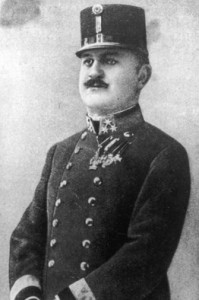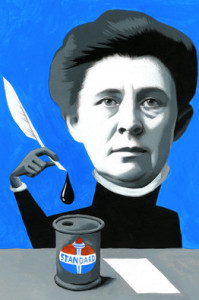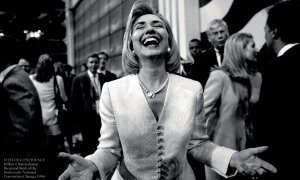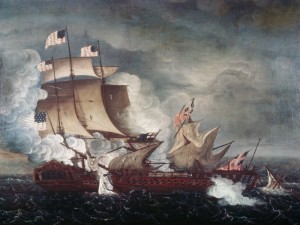A nightmare scenario is unfolding for the Californian parents of 12-year-old Jane Smith. Their child has been in a car accident and lies unconscious in A&E. The doctors say that Jane is bleeding internally — only an immediate operation will save her life.
Unfortunately it’s a Wednesday. That’s the day the surgeon on call is Dr Jones, aka Dr Death. He has killed every patient under his care for the past 10 years. The hospital would give anything to be rid of him. But Jones has tenure and that means he’s untouchable. In the past 10 years only 0.0007% of Californian surgeons have been sacked for incompetence. Bad luck to the Smiths; little Jane picked the wrong day to need surgery.
As far as I know, this scenario has never happened. American doctors simply aren’t that powerful. But until three months ago its teachers were. The dismissal rate of 0.0007% is a genuine statistic. That is to say, over the past decade just 19 incompetent teachers in California have been sacked out of a workforce of almost 300,000.
It’s no secret as to why: teachers in the state receive tenure after a mere 18 months. From then on, union regulations ensure that it takes years of hearings and can cost more than $1m (£610,000) to remove a single teacher.















